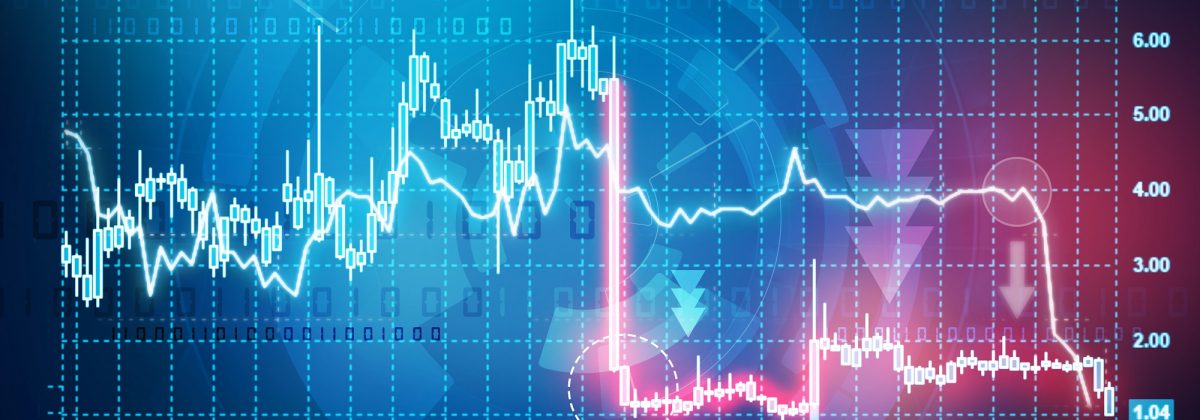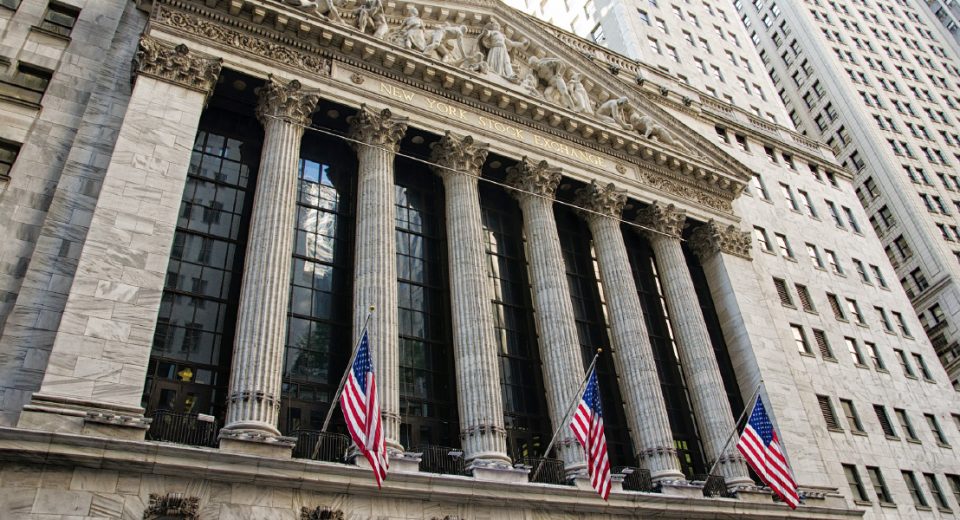Why Do Stock Markets Crash?

On June 15, 2019, US President Donald Trump warned his citizens regarding expectations of a devastating crash of the stock markets, if he didn’t get re-elected in the 2020 US Presidential elections! This was not the first time that he has made such claims. Back in January 2019, he suggested something similar in the event that he is impeached. And in February 2019, he tweeted that the US stock markets would be at least 10K points down had he not been elected in 2016.
All such claims are not provable assertions and it isn’t clear what President Trump meant by a market crash. Was it a gradual bearish climate or a full blown “Black Monday 1987” type of avalanche? Since 1929, we have seen some devastating market crashes around the world, and yet economists and mathematicians have not been able to predict market crashes accurately, despite some solid theories. That said; a great deal has been learnt from them.
What are Stock Market Crashes?
Crashes can be explained as a rapid decline in stock prices across a vast section of a stock market, resulting in significant reduction of paper wealth among investors. Various underlying economic and social factors accumulate over time to cause a spree of panic selling by investors. It could be a market correction, after a prolonged period of rise in prices. Wars, political instability and large corporation hacks can also be the reason behind such crashes. Many economists have blamed crashes on extensive use of leverage by market participants, as well as on excessive economic optimism.
While some experts believe that market crashes are random events and cannot be predicted, others maintain that the markets start giving out clues ahead of critical points. For example, a price bubble that tends to escalate faster, in order to compensate for the growing probability of a crash.
What Could Lead to Stock Market Crashes?
1. Rampant Speculation
Whenever there is irrational euphoria around a specific asset class, the markets tend to get riskier. These are the markets where price-earnings ratios exceed long-term averages. An overoptimistic bull market is what caused the 1929 Black Tuesday crash. Over a period of four days, the Dow Jones dropped 25%, resulting in a loss equivalent to $396 billion today.
Even the dot-com crash of the early 2000s can be attributed to a period of irrational speculation in high priced tech stocks. Investors simply invested in the “next big thing,” without assessing company fundamentals, products and management. By 2001, a majority of these dot-com stocks were worth zero to investors.
2. Excessive Leverage
When the markets decline, increased leverage can cause a downward spiral in stock prices. Firms and investors with huge margin debts are forced to sell to raise funds, which causes further decline in prices, since supply exceeds demand.
A recent example of this is the Shanghai Stock Market crash of June 2015. Leverage was introduced in China in 2010 and researchers were able to trace back the market crash to leverage limiting laws imposed in the following 5 years. On June 12, 2015, the Chinese government passed new laws, imposing margin lending limits on fintech companies. These lenders constituted a huge portion of China’s unregulated online lending platforms, which were part of the country’s shadow-banking industry. Investors who borrowed money from these lenders suffered huge losses, since they were initially allowed to borrow huge sums of money, compared to what regulated brokerages would have offered.
3. Geo-Political Instability
Investors like growth and stability, and politically unstable countries don’t offer that. Terror attacks also spark uncertainties regarding the domestic economy. The Dow Jones Industrial Average fell more than 7% in the first session following the 9/11 terror attacks in the US in 2001.
A lot depends on the constitution of indices too. For instance, the news of the British Prime Minister Theresa May resigning from her position affected the FTSE minimally, given that 70% of the index is made up of firms outside the UK. The FTSE was more affected by the news of escalation in the US-China trade.
In case of a no-deal Brexit, stocks exposed to the UK economy, such as banks, airliners and home builders, could tumble. Earthquakes and other natural disasters that affect the productivity of a certain section of the country or industry can also cause markets to fall.
4. Interest and Inflation Rates
Higher interest rates translate into higher borrowing costs, which reduce purchasing power. This could cause stocks to decline. With an increase in the US 30-year mortgage rate, the housing market tends to slow down, causing housing stocks to decline.
While the exact cause of the 2008 housing market crisis is hard to pinpoint, we know that financial institutions were investing in risky loans, owing to declining foreclosure rates before the crisis and the Fed was keeping the Fed Fund rate low at 2%. Real-estate prices began to drop, while interest rates climbed, leading to a subsequent economic collapse.
Over several months in 2008, the Dow fell a whopping 34%. We saw how things in the real estate market spilled over to the stock markets.
In 1973-74, the stock markets suffered a gradual decline due to inflationary pressures. Although US President Nixon tried to bring down inflation, through several price and wage control programmes, the oil embargo launched by Arab counties against the US, led to a huge shortage of fuel and massive short selling of oil stocks. The Dow Jones Industrial Average fell 21% over the course of six weeks.
5. Market Psychology – Panic and Fear
It’s critical to understand that economic factors cannot alone cause stock market crashes, they only lead to widespread investor panic, which results in massive selling of securities. In October 2008, fears over the collapse of the US and EU banking systems led to a frenzied selling spree, which caused the markets to crash.
Stock market crashes are unpredictable and complex events. Experts maintain that risk management is better than attempting to forecast asset performance. Investors should be wary of situations where market players all start to align towards a particular side of a trade, or even when investment returns start growing at random exponential rates.
Reference Links
- https://www.forbes.com/sites/raulelizalde/2018/10/10/why-stock-markets-crash/#59b0250758a7
- https://www.fool.com/investing/2018/02/17/6-things-that-could-cause-a-stock-market-crash.aspx
- https://finance.zacks.com/stock-market-crash-occur-3076.html
- https://www.ruleoneinvesting.com/blog/investing-news-and-tips/stock-market-history/




